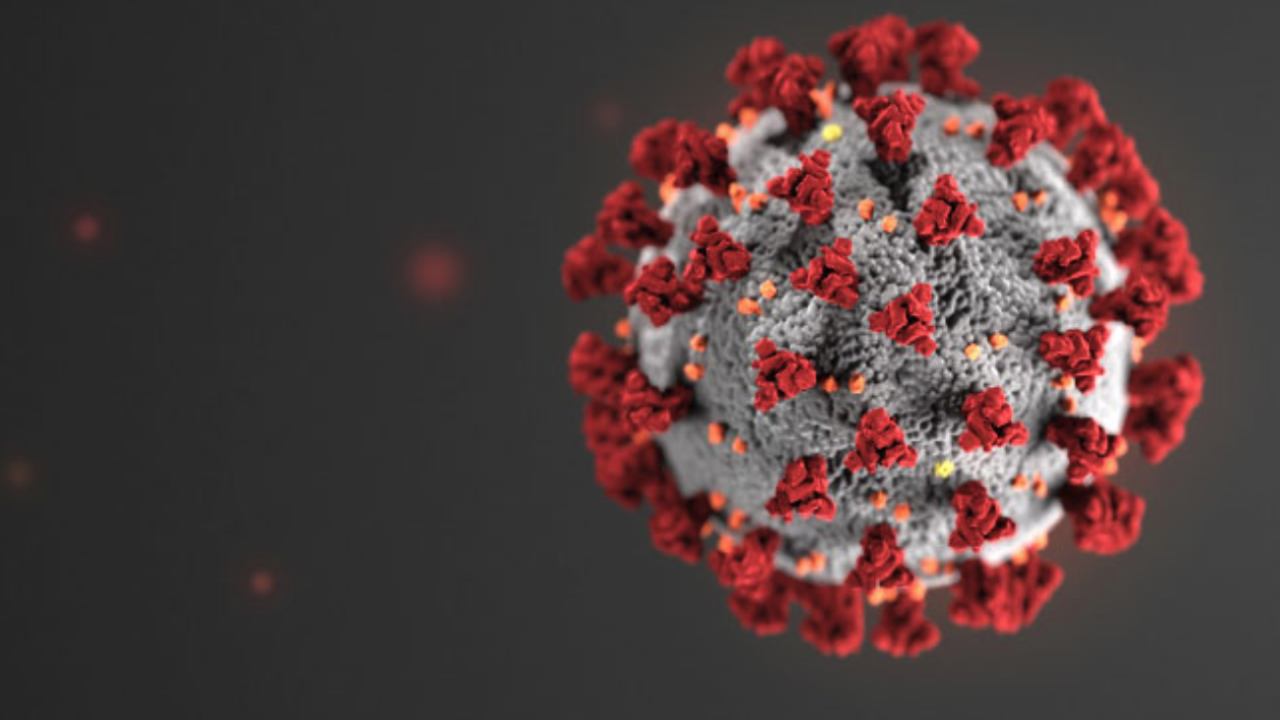by Topher Sanders, David Armstrong and Ava Kofman
For ProPublica
A nationwide shortage of two drugs touted as possible treatments for the coronavirus is being driven in part by doctors inappropriately prescribing the medicines for family, friends and themselves, according to pharmacists and state regulators.
“It’s disgraceful, is what it is,” said Garth Reynolds, executive director of the Illinois Pharmacists Association, which started getting calls and emails March 28 from members saying they were receiving questionable prescriptions. “And completely selfish.”
Demand for chloroquine and hydroxychloroquine surged over the past several days as President Donald Trump promoted them as possible treatments for the coronavirus and online forums buzzed with excitement over a small study suggesting the combination of hydroxychloroquine and a commonly used antibiotic could be effective in treating COVID-19.
Reynolds said the Illinois Pharmacists Association has started reaching out to pharmacists and medical groups throughout the state to urge doctors, nurses and physician assistants not to write prescriptions for themselves and those close to them.
“We even had a couple of examples of prescribers trying to say that the individual they were calling in for had rheumatoid arthritis,” he said, explaining that pharmacists suspected that wasn’t true. “I mean, that’s fraud.”
In one case, Reynolds said, the prescriber initially tried to get the pills without an explanation and only offered up that the individual had rheumatoid arthritis after the pharmacist questioned the prescription.
In a bulletin to pharmacists on March 22, the state association wrote that it was “disturbed by the current actions of prescribers” and instructed members on how to file a complaint against physicians and nurses who were doing it.
“People are losing their minds about this product,” said Brian Brito, president of SMP Pharmacy Solutions in Miami. “We’re selling so much of this stuff and people are just stockpiling it prophylactically if anybody in their family gets sick — they’re just holding on to it.The two drugs are only available through a prescription and cannot be purchased over the counter. Hydroxychloroquine, sold under the brand name Plaquenil, is approved to treat lupus and rheumatoid arthritis while chloroquine is an anti-malarial treatment.
There is little evidence that the drugs work to treat coronavirus, although clinical trials are underway to find out. But as coronavirus cases multiply and protective gear for medical workers vanishes from emergency rooms, many patients and physicians see the drugs as the only hope to reverse the course of serious disease.
Brito said his pharmacy had about 800 tablets on Monday and were nearly sold out in about an hour. One doctor called and asked for 200 tablets, but the company refused. “He was a little upset about it but he understood and he went quickly from 200 to 42 tablets, which is essentially treating two people,” Brito said. “So yeah, they’re stockpiling it.”
A pharmacist in Houston, who asked to remain anonymous for fear of retaliation and violating patient privacy, said he was recently asked by a surgeon for an unusually large quantity with unlimited refills. “He said it was because his wife had lupus,” the pharmacist said, “but when I asked him for her name and diagnosis, he told me just to put it in his.”
Lupus patients are reporting difficulty in refilling their prescriptions for the drug. On March 23, the Lupus Foundation of America issued a joint statement asking the White House Coronavirus Task Force to “take action to ensure current supplies are allocated for patients taking them for indicated uses.”
Several states have already moved to limit prescriptions of the drugs, neither of which is approved to treat the coronavirus. Trump, in press conferences and tweets over the past week, has promoted the use of the drugs as potentially blunting the impact of the COVID-19 outbreak. VTN




